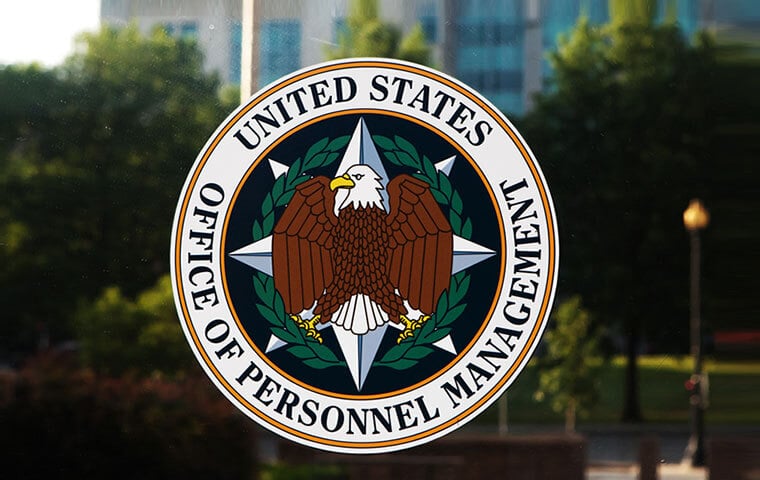 The measure also urges OPM to “educate and inform federal hiring offices” of compensation flexibilities. Image: Mark Van Scyoc/Shutterstock.com
By: FEDweek Staff
The measure also urges OPM to “educate and inform federal hiring offices” of compensation flexibilities. Image: Mark Van Scyoc/Shutterstock.com
By: FEDweek StaffThe House version of the annual general government spending bill addresses several hiring-related issues, including encouraging OPM to continue to review policies “regarding the hiring and firing of individuals who use marijuana in states where that individual’s private use of marijuana is not prohibited under the law of the state.”
The Appropriations Committee said it “supports the updated guidance on agencies’ consideration of how an individual’s marijuana use may or may not adversely affect the integrity or efficiency of the federal government and impact an individual’s suitability or fitness for a position.”
That guidance in general says that in light of decriminalization of marijuana use in many states, its use is not necessarily disqualifying in employment suitability decisions even though it remains a federal Class I controlled substance.
The bill report meanwhile says the special non-competitive hiring authority for spouses of military personnel may be under-used because it operates “on a case-by-case basis at the discretion of each individual federal hiring authority. As a result, military spouses may not have maximized applicable federal hiring authorities and exceptions available to them.”
“The Committee instructs OPM to further explore ways to advance hiring outcomes such as using commercial-off-the-shelf technology and providing military spouses information about the non-competitive hiring authority and Federal jobs opportunities,” it says.
The measure also urges OPM to “educate and inform federal hiring offices” of compensation flexibilities—such as special pay rates and recruitment and retention incentives—and direct hire authorities available for cybersecurity-related positions.
It further repeats long-running concerns “with the lengthy delays to process retirement and survivor claims and update health insurance benefits, as well as other critical changes that impact retirement benefits. These delays cause hardships for federal annuitants and their families.” It orders OPM to continue to report on its “efforts and progress to reduce these delays and improve customer service levels, including the average time it takes a caller to reach an OPM operator and the number and percentage of unanswered calls.”
The committee also said it is concerned with the progress of OPM’s IT modernization efforts in general—of which retirement application processing is a part—and called for continued briefings on the “progress, anticipated completion date, and significant concerns for each project.”
Senate Eyes Vote to Pay Federal Employees Working Unpaid
Series of Bills Offered to Address Shutdown’s Impact on Employees
Public Starting to Feel Impact of Shutdown, Survey Shows
OPM Details Coverage Changes, Plan Dropouts for FEHB/PSHB in 2026
Does My FEHB/PSHB Plan Stack Up? Here’s How to Tell
2025 TSP Rollercoaster and the G Fund Merry-go-Round
See also,
TSP Takes Step toward Upcoming In-Plan Roth Conversions
5 Steps to Protect Your Federal Job During the Shutdown
Over 30K TSP Accounts Have Crossed the Million Mark in 2025

